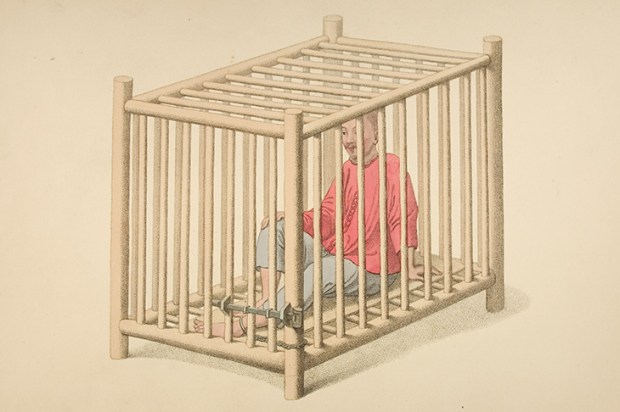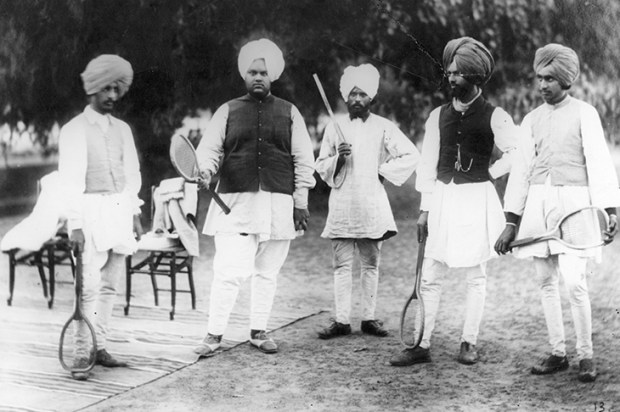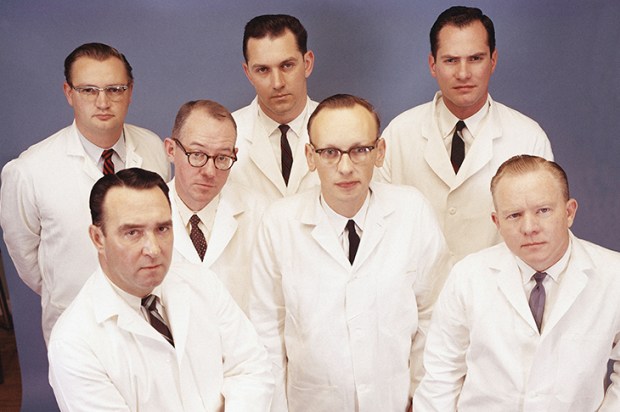I’ve been intrigued recently by the verb ‘to unsee’. It turns up as a trendy way of saying that something is unforgettable – often in a bad way. For instance, somebody is exposed to something horrific, and says they won’t be able to erase it from their memory – ‘I can’t unsee that’.There is a video that has been compiled of the horrors of 7 October. Those who have seen it say it is ‘seared into their retinas’ – as horrific as it is, it is also unforgettable so they say: you can’t ‘unsee’ this stuff. Mind you, the word can also be used in a lighter way. If you had thrown open a closed door and come across two of your neighbours kissing, you might not want to know about it (and be sorry you ever opened that door) but you can’t ‘unsee’ it. It strikes me as an odd combination of the negative prefix ‘un’ with the verb ‘to see’ so I did a bit of digging. There was, it turns out, a very ancient verb ‘to unsee’ which is recorded from around 1395. The meaning of this was ‘To avoid seeing; to leave, or make, unseen’ (OED). It is officially classified as ‘rare’and the Oxford only has three citations, the most recent from 1871. But that is not quite the word that is turning up these days, is it? The old ‘unsee’ seems to closely resemble Nelson putting his telescope to his blind eye in order to ‘unsee’ (not to see) the flags signalling that he should retreat. That’s not quite the modern meaning, captured by the Urban Dictionary: ‘Used to describe an object so horrific that it becomes seared into your retinas such that it can never be forgotten.’ The Urban has a citation that dates this usage to 2007. The Collins says that ‘unsee’ means, ‘to remove (something one has seen) from one’s consciousness.’ But these days it’s being used to say the opposite – that there is something that you can’t remove from your consciousness – even if you want to. The Merriam-Webster says that ‘to unsee’ means: ‘to avoid seeing’. Again, that’s not how the expression is now being used. Nowadays it expresses the idea that you would have avoided seeing (whatever it was) if you could, but you’ve now seen it and can’t forget it. Only the Cambridge captures the right idea: ‘Once you have seen something, you can’t unsee it.’ ‘Unsee’ (in this sense) might be a very recent coinage, and the dictionaries are just catching up.
Got something to add? Join the discussion and comment below.
Contact Kel at ozwords.com.au
You might disagree with half of it, but you’ll enjoy reading all of it. Try your first month for free, then just $2 a week for the remainder of your first year.













